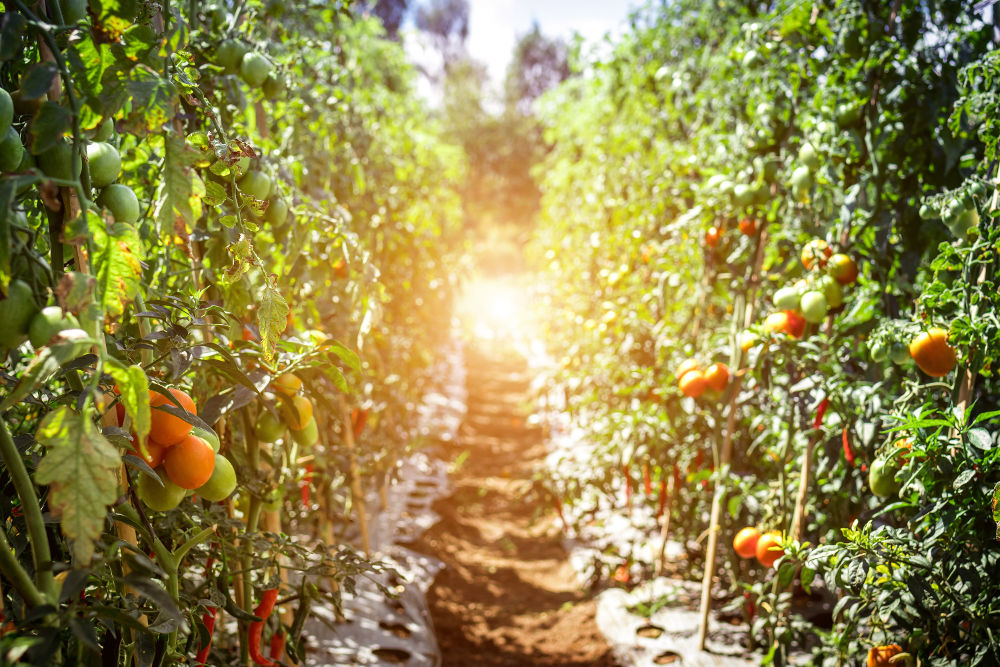Calcium (Ca) – It’s role in plant growth
On average, more growers have calcium (Ca) related problems than any other nutrient. These problems occur in areas of low humidity and high temperatures. Calcium forms part of cell walls and any deficiency is marked by the breakdown of cell tissue leading to some form of internal “browning”. The average concentration in the plant varies between 0.2 – 1.0%.
Calcium plays an important part in the following:
- Cell division and elongation
- Cell structure
- Permeability of cell membranes
- Enhances the uptake of some nitrogen forms
- Helps with the transport and retention of other nutrients within the plant
- Protein synthesis
- Carbohydrate translocation
If calcium is absent in the root zone, the plant stops growing. The demand for calcium is continuous and any reduction of the concentration in the nutrient solution will influence the plant metabolism immediately. The reason is that calcium is not very mobile in the plant. It cannot translocate calcium from an area of high concentration to low concentrations quick enough without any damage to plant tissue.
When plants are under water stress, imbalances in nutrient concentrations, restrict calcium movement due to the formation of organic acids within the vascular system. The organic acids precipitate calcium, rendering it useless for plant growth. Under conditions of heat stress, the Ca level must be increased 1)Kleinhenz, M. D. and Palta, J. P. (2002) “Root Zone Calcium Modulates the Response of Potato Plants to Heat Stress,” 115(1), pp. 111–118. doi: 0.1034/j.1399-3054.2002.1150113.x. to reduce BER symptoms.
Calcium is supplied as calcium nitrate (CaNO3). The use of ammonium nitrogen will induce calcium deficiency symptoms since ammonium is antagonistic to calcium uptake. That is one of the reasons that the ammonium levels in the nutrients solution should not be more than 10-15%, as has been mentioned in previous sections. Calcium is taken up as Ca2+ and is absorbed at the root tip so any condition that restricts root growth will restrict its uptake.
References
| ↑1 | Kleinhenz, M. D. and Palta, J. P. (2002) “Root Zone Calcium Modulates the Response of Potato Plants to Heat Stress,” 115(1), pp. 111–118. doi: 0.1034/j.1399-3054.2002.1150113.x. |
|---|
Share This Story, Choose Your Platform!
Cotton aphid – Aphis gossypii
Cotton Aphid, or Aphis gossypii, is one of the more common insect pests found in almost all vegetable crops and [...]
Greenhouse white fly
Description Greenhouse white fly, also known as Trialeurodes vaporariorum is a sap feeder. The easiest way to find white flies [...]






